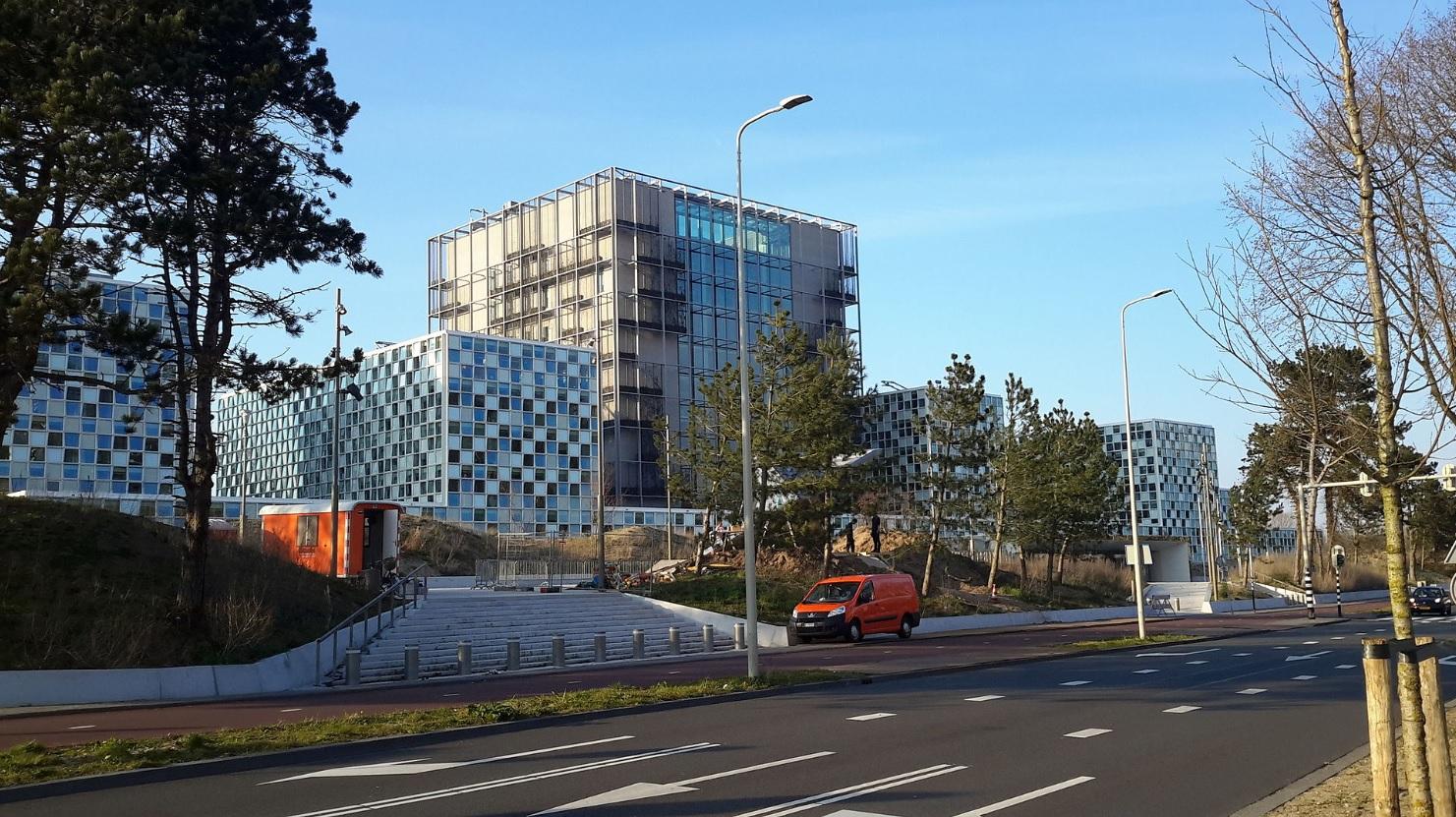ICC finds 'reasonable basis' to believe crimes vs. humanity committed in Duterte's drug war

The International Criminal Court's Office of the Prosecutor said there is "reasonable basis" to believe that crimes against humanity were committed in the Duterte administration's war on drugs.
"The Office is satisfied that information available provides a reasonable basis to believe that the crimes against humanity of murder, torture, and the infliction of serious physical injury and mental harm as other inhumane acts were committed on the territory of the Philippines between at least July 1, 2016 and March 16, 2019 in connection to the WoD campaign launched throughout the country," the ICC's Office of the Prosecutor said in its latest report.
The ICC's Office of the Prosecutor has focused its preliminary examination on the allegations that President Rodrigo Duterte and law enforcement officials "have actively promoted and encouraged the killing of suspected or purported drug users and/or dealers."
It also looked into the accusations that members of law enforcement agencies, particularly the Philippine National Police, as well as unidentified assailants have carried out thousands of "unlawful killings" across the country.
The said office noted that there seemed to be a limited number of investigations and prosecutions initiated and in some cases completed at the national level in respect of direct perpetrators of certain criminal conduct that allegedly took place amid the drug war.
"For example, Philippine government officials and bodies have provided sporadic public updates on the number of investigations conducted by various authorities into killings that occurred during law enforcement operations," it said.
"The information available also indicates that criminal charges have been laid in the Philippines against a limited number of individuals – typically low-level, physical perpetrators – with respect to some drug-related killings."
The ICC's Office of the Prosecutor mentioned that it would continue to monitor the developments on the inter-agency panel that conducts review on the anti-illegal drugs operations.
In Malacañang, presidential spokesperson Harry Roque described ICC prosecutor Fatou Bensouda’s appreciation of the incidents linked to the drug war as "legally erroneous."
"We do not agree with her. It’s legally erroneous dahil mayroon po tayong minimum gravity na required. Hindi po lahat ng krimen ay nililitis sa ICC," said Roque, a former law professor.
"Bahala sila kung anong gusto nilang gawin. Hindi po natin kinikilala ang hurisdiksyon ng ICC."
Last month, Justice Secretary Menardo Guevarra said the panel's release of the initial report was delayed because of the devastating typhoons that hit the country. The report was supposed to be released in December.
Aside from monitoring the developments of the inter-agency panel, the ICC's Office of the Prosecutor has also been examining Senate inquiries into alleged extrajudicial killings, administrative cases against cops supposedly linked to drug war slays, and the writ of amparo cases filed before the Office of the Ombudsman.
It has also been monitoring reports on threats, killings and other measures apparently taken against human rights defenders, journalists and others, including those critics of the war on drugs.
'Considerable development'
National Union of Peoples' Lawyers (NUPL) president Edre Olalia said the report is a "very considerable development that has far reaching repercussions."
Olalia said the Duterte administration should take the report's findings seriously and "get the message loud and clear."
"We look very much forward and with keen interest that the OTP 'anticipates reaching a decision on whether to seek authorization to open an investigation,'" Olalia said.
"While we are still not out of the woods, finally, rays of hope have peeked out of the pitchdark clouds of impunity."
NUPL represents the families of eight victims of the war on drugs who filed a complaint before the ICC.
On the other hand, rights group Karapatan said the ICC's report would mean the "damning indictment of the present administration’s murderous policies."
It pointed out that the findings of international bodies in their inquiries on the Philippine war on drugs "have been consistent and unequivocal in their repudiation and condemnation of Duterte’s anti-people and deadly campaigns."
"We welcome this significant development and its implications on what can only be described as a rapidly deteriorating human rights crisis in the Philippines," Karapatan said.
Karapatan is looking forward to the possibility of an investigation into the situation in the Philippines by next year.
"The day of reckoning is coming nearer for Duterte’s reign of terror. As we await the decision of the Office of the Prosecutor, we press our calls for justice for the Duterte administration’s brutal crimes against the Filipino people," Karapatan said.
"We call on the ICC and other human rights bodies such as the UN Human Rights Council to pursue its investigation into the human rights crisis in the Philippines and we strongly hope that accountability can be achieved as soon as possible," it added.
Latest data from the Philippine Drug Enforcement Agency indicated that 5,942 suspected drug personalities were killed since the drug war started — a number way lower than the more or less 27,000 given by local and international human rights groups.
Of the 183,525 anti-illegal drugs operations conducted since July 1, 2016, the total number of drug suspects nabbed was 266,126, the anti-drug agency said.
The ICC's Office of the Prosecutor is eyeing to finish its preliminary examination on the Philippine situation in the first half of 2021.
GMA News Online has reached PDEA and PNP for comment regarding the report. They have yet to reply as of posting time. —KBK/KG/RSJ, GMA News




